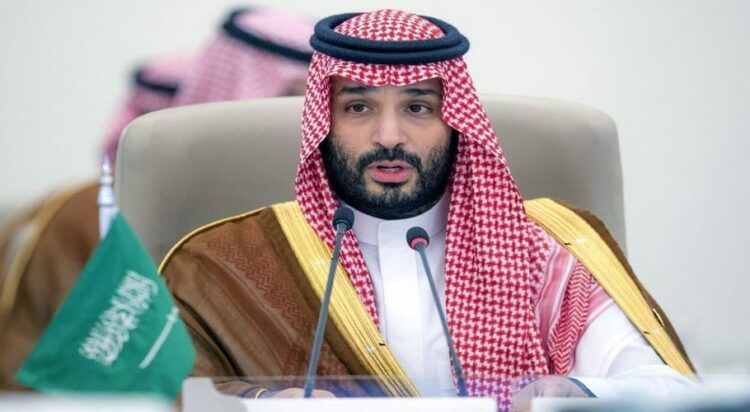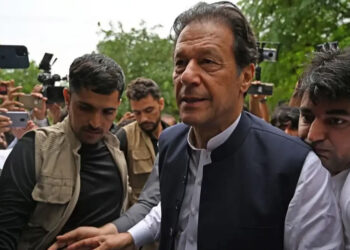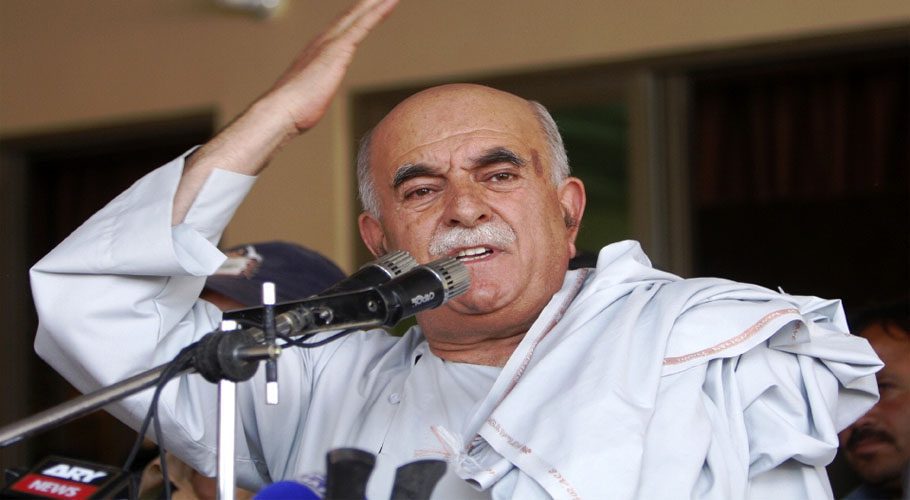![]() Follow Us on Google News
Follow Us on Google News
Saudi Crown Prince Mohammed bin Salman, as both a Muslim and an Arab leader, has consistently voiced strong support for the Palestinian cause, particularly condemning the atrocities committed by Israel against Palestinian civilians in Gaza. However, his approach to resolving the Palestinian issue is grounded in pragmatism and the belief in a two-state solution — the establishment of a separate and sovereign Palestinian state alongside Israel.
While Saudi Arabia has historically been critical of Israeli policies, particularly its military actions in Gaza, the kingdom has also been under pressure from the United States to officially recognize Israel. Despite this, the Saudi leadership has firmly rejected any formal recognition without a permanent and just resolution to the Israeli-Palestinian conflict. For Saudi Arabia, this means continuing to push for a two-state solution as the only viable path to peace.
In a recent development, Crown Prince Mohammed bin Salman condemned Israel’s military actions in Gaza, describing them as “genocide” — marking one of the strongest public criticisms of Israel by a Saudi official since the outbreak of the war. Speaking at a summit of Muslim and Arab leaders, the prince also condemned Israeli attacks on Lebanon and Iran, signaling his broader regional concerns. His remarks were part of an ongoing effort to call for Israel’s total withdrawal from the West Bank and Gaza, to end the violence and establish long-term peace.
Saudi Arabia’s condemnation of Israel’s actions in Gaza has been echoed by Saudi Foreign Minister Prince Faisal bin Farhan Al-Saud, who called the failure of the international community to stop the violence in Gaza a “failing.” He specifically accused Israel of causing widespread starvation and suffering in Gaza, further fueling criticism of Israel’s conduct.
At the recent summit, leaders from across the Muslim and Arab world joined in condemning Israel’s military actions, particularly its attacks on UN staff and facilities in Gaza. Saudi Arabia, along with other nations, also expressed alarm at Israel’s actions against the UN Palestinian Refugee Agency (UNRWA), which is responsible for providing humanitarian aid to refugees. Israel’s recent move to pass a law that would ban UNRWA from operating in Israel and East Jerusalem has been met with widespread concern from the international community, including the U.S. and the UK.
In the midst of this crisis, the political landscape is shifting, with former U.S. President Donald Trump expected to make a comeback in January 2025. The Gulf leaders, including those in Saudi Arabia, are aware of Trump’s close ties with Israel but have maintained good relations with him, hoping he can leverage his influence to help bring an end to the ongoing conflicts in the region. Despite the mixed reactions to Trump’s Middle East policies, particularly his recognition of Jerusalem as Israel’s capital, Saudi Arabia seems optimistic about the possibility of stability after he returns to power.

































